Core Program Faculty
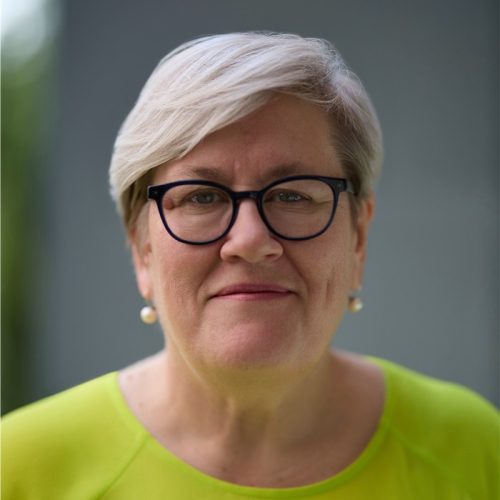
Rachel Kyte
Rachel Kyte is Dean Emerita of The Fletcher School at Tufts University and a professor of practice. Kyte was the first woman to lead the United States’ oldest graduate-only school of global affairs. Kyte served as special representative of the UN secretary-general and chief executive officer of Sustainable Development for All (SEforALL). She previously was the World Bank Group vice president and special envoy for climate change, leading action on climate finance in the run-up to the Paris Agreement. Kyte served as an advisor to the UN secretary-general on climate action and the crisis response to the invasion of Ukraine, chaired the Rwandan Green Fund (FONERWA) and advised the UK government on COP26. Kyte is currently co-chair of the Voluntary Carbon Markets Integrity Initiative (VCMI) working to build high integrity voluntary carbon markets, member of the board Private Infrastructure Development Group with responsibility for ESG, and a member of the G20 Expert Group on MDB reform, appointed by the Government of India. Kyte is an advisor to General Atlantic’s Beyond Net Zero fund and a member of the board of the Carbon Policy Initiative. She is an advisor to Mahindra University’s Center for Sustainable Development and plays a leadership role at the World Economic Forum on trade, climate, energy and minerals. Kyte is an advisor to AIIB, JBIC and served as a member of IDB-Invest’s Blue Ribbon Commission.
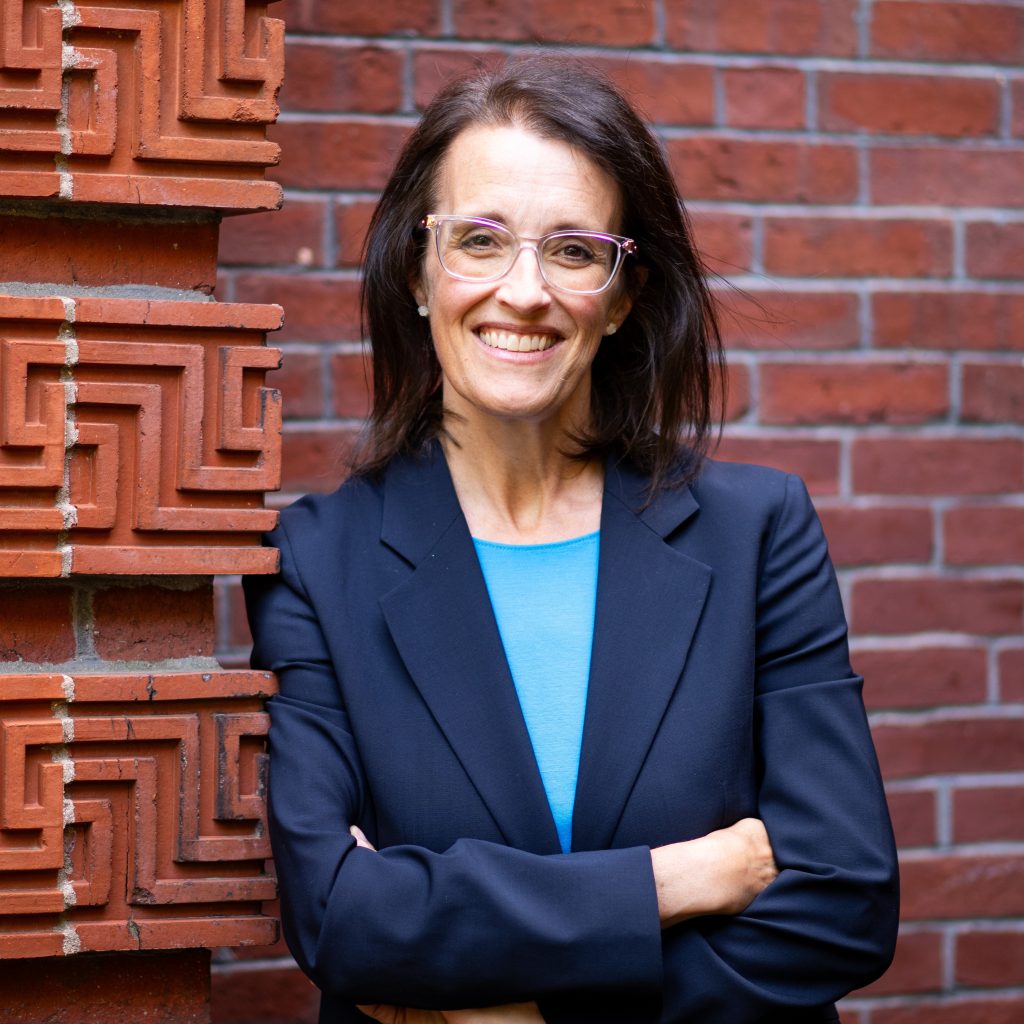
Kelly Sims Gallagher
Kelly Sims Gallagher is Dean Ad Interim and Professor of Energy and Environmental Policy at The Fletcher School, Tufts University. She directs the Climate Policy Lab and the Center for International Environment and Resource Policy at Fletcher. From June 2014 – September 2015 she served in the Obama Administration as a Senior Policy Advisor in the White House Office of Science and Technology Policy, and as Senior China Advisor in the Special Envoy for Climate Change office at the U.S. State Department. Gallagher is a member of the board of the Belfer Center for Science and International Affairs at Harvard University. She is a non-resident Scholar at the Carnegie Endowment and she also serves on the board of the Energy Foundation China. Broadly, she focuses on energy and climate policy in both the United States and China. She specializes in how policy spurs the development and deployment of cleaner and more efficient energy technologies, domestically and internationally. A Truman Scholar, she has a MALD and PhD in international affairs from The Fletcher School, and an AB from Occidental College. She speaks Spanish and basic Mandarin Chinese, and is a member of the Council on Foreign Relations. She is the author of “China Shifts Gears: Automakers, Oil, Pollution, and Development,” (The MIT Press 2006), editor of “Acting in Time on Energy Policy,” (Brookings Institution Press 2009), “The Global Diffusion of Clean Energy Technologies: Lessons from China,” (MIT Press 2014), Titans of the Climate (with Xiaowei Xuan) (MIT Press 2018) and numerous academic articles and policy reports.

Alnoor Ebrahim
Alnoor Ebrahim is a Professor of Management at The Fletcher School, and the Tisch College of Civic Life, at Tufts University. His research addresses several core dilemmas of social change facing businesses, nonprofit organizations, and public agencies: How can they best measure and improve their impacts? How can they influence “system” problems such as global poverty that require collective action? Alnoor serves on advisory boards to the Stanford Social Innovation Review (SSIR) and the World Bank’s Global Partnership for Social Accountability (GPSA). He previously served on an advisory board to IRIS+ at the Global Impact Investing Network (GIIN), a working group established by the G7 to create global guidelines on social impact measurement, on Acumen’s Lean Data advisory council, and on the board of Imago Global Grassroots. He has also worked with the NGO Leaders Forum, an annual gathering of CEOs of large humanitarian development organizations. His previous research on accountability mechanisms within the World Bank led to a Congressional Testimony on improving the Bank’s information disclosure policy. Professor Ebrahim teaches courses on leadership and strategy, and in executive programs at Fletcher, Harvard, and Georgetown. Prior to joining the Fletcher faculty, he taught at Harvard Business School, where he chaired two executive programs for social sector leaders, and also at Virginia Tech. Professor Ebrahim received his doctorate and master’s degrees from Stanford University, and his bachelor of science from M.I.T. He is the author of Measuring Social Change: Performance and Accountability in a Complex World (Stanford University Press).
Virtual Keynote Speakers
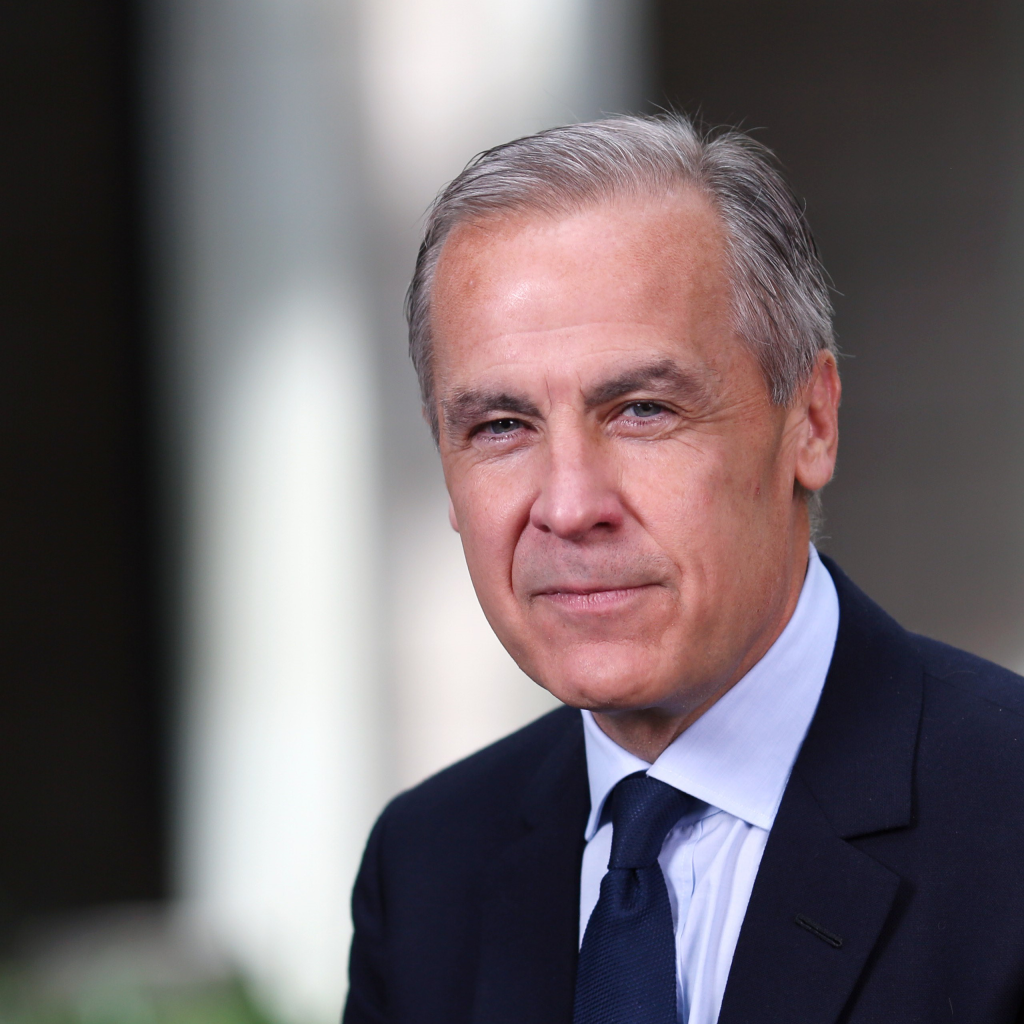
Mark Carney
Mark Carney is currently the UN Special Envoy for Climate Action and Finance and Co-Chair for the Glasgow Finance Alliance for Net Zero, a practitioner-led coalition
working to increase the financial sector’s ambition on climate change and accelerate the transition to a net-zero economy. Mark is a member of the Arnhold Distinguished Fellowship Program Board within Conservation International. Mark was previously Governor of the Bank of England (from 2013 to 2020), and Governor of the Bank of Canada (from 2008 to 2013). Internationally, Mark was Chair of the Financial Stability Board (from 2011 to 2018), He chaired the Global Economy Meeting and Economic Consultative Committee of the Bank for International Settlements (from 2018-2020) and was First Vice-Chair of the European Systemic Risk Board (from 2013-2020). Mark is also an external member of Stripe’s Board, a global technology company building economic infrastructure for the internet. He is Chair of Brookfield Asset Management and Chair of the Chatham House Panel of Senior Advisers. Mark is a member of the Global Advisory Board of PIMCO, the Group of Thirty, the Foundation Board of the World Economic Forum, as well as the boards of Bloomberg Philanthropies, the Peterson Institute for International Economics, The Hoffman Institute for Global Business and Society at INSEAD and Senior Counselor to Macro Advisory Partners. Mark was born in Fort Smith, Northwest Territories, Canada in 1965. After growing up in Edmonton, Alberta, he obtained a bachelor degree in Economics from Harvard and a masters and doctorate Degrees in Economics from Oxford. After a thirteen-year career with Goldman Sachs, Mark was appointed Deputy Governor of the Bank of Canada in 2003. In 2004, he became Senior Associate Deputy Minister of Finance. He held this position until his appointment as Governor of the Bank of Canada in February 2008.
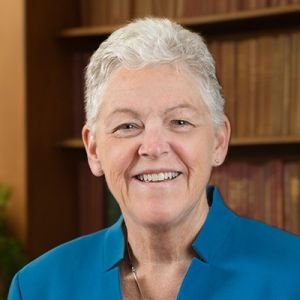
Gina McCarthy
Gina McCarthy, the first-ever White House National Climate Advisor and former U.S. EPA Administrator, is one of the nation’s most respected voices on climate change, the environment, and public health. As head of the Climate Policy Office under President Biden, McCarthy’s leadership led to the most aggressive action on climate in U.S. history, creating new jobs and unprecedented clean energy innovation and investments across the country. Her commitment to bold action across the Biden administration, supported by the climate and clean energy provisions in the Bipartisan Infrastructure Law and the Inflation Reduction Act, restored U.S. climate leadership on a global stage and put a new U.S. national target to cut greenhouse gas emissions by 50-52 percent below 2005 levels by 2030 within reach. Throughout her years of public service in both Republican and Democratic administrations, McCarthy is credited for her common-sense strategies and ability to work across the aisle, with states, communities, business leaders, and the labor community, to tackle our nation’s toughest environmental challenges in ways that spur economic growth. and improve public health for workers and families, especially those living in environmental justice communities. Prior to her appointment as White House National Climate Advisor, McCarthy was president and CEO of the Natural Resources Defense Council. She served as professor of the practice of public health in the department of environmental health at the Harvard T.H. Chan School of Public Health, where she served as the director of the Center for Climate, Health, and the Global Environment. McCarthy was also a fellow at the Harvard Kennedy School of Government, where she engaged students, faculty, professionals, and climate leaders on actions to promote sustainability and justice. She also served as Commissioner of the Connecticut Department of Environmental Protection and an advisor to five Massachusetts governors.
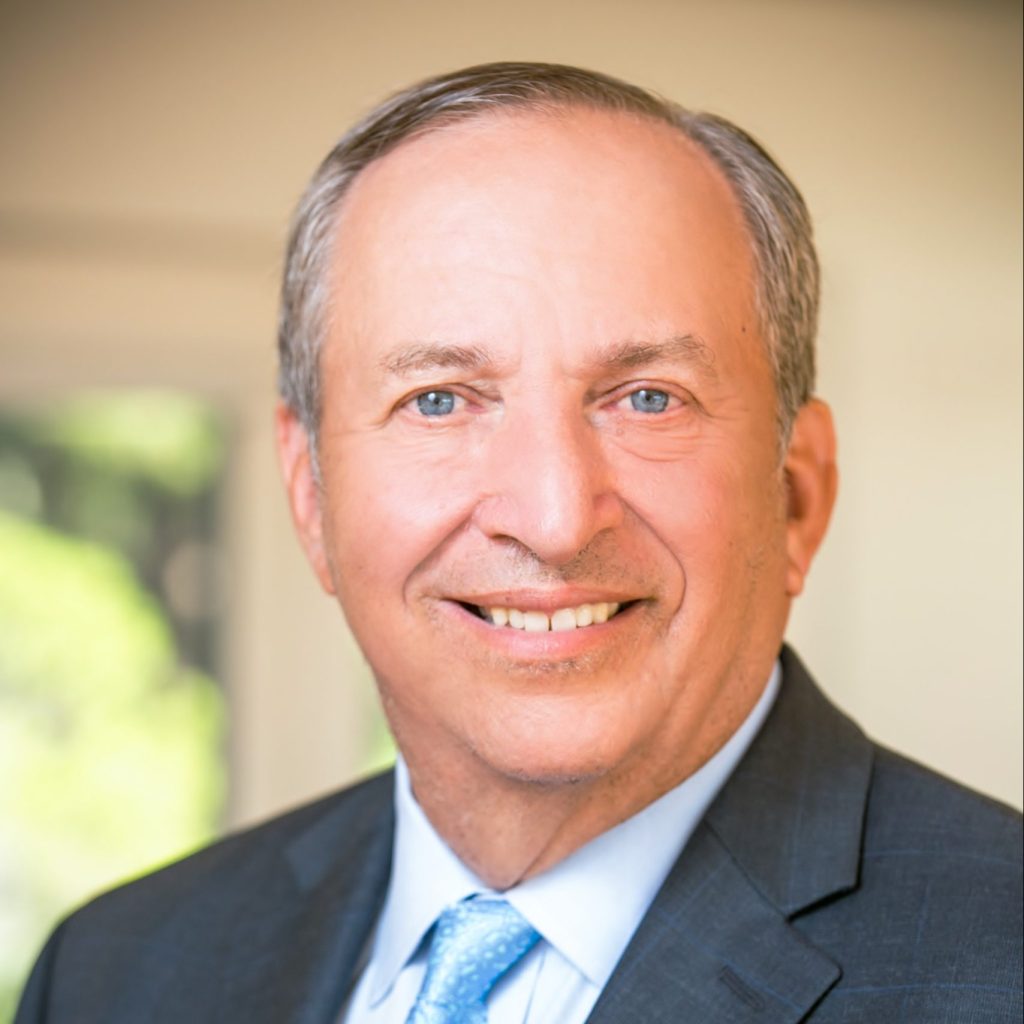
Lawrence H. Summers
Lawrence H. Summers is the Charles W. Eliot University Professor and President Emeritus of Harvard University. During the past two decades, he has served in a series of senior policy positions in Washington, D.C., including the 71st Secretary of the Treasury for President Clinton, Director of the National Economic Council for President Obama and Vice President of Development Economics and Chief Economist of the World Bank. He received a bachelor of science degree from the Massachusetts Institute of Technology in 1975 and was awarded a Ph.D. from Harvard in 1982. In 1983, he became one of the youngest individuals in recent history to be named as a tenured member of the Harvard University faculty. In 1987, Mr. Summers became the first social scientist ever to receive the annual Alan T. Waterman Award of the National Science Foundation (NSF), and in 1993 he was awarded the John Bates Clark Medal, given every two years to the outstanding American economist under the age of 40. He is currently the Charles W. Eliot University Professor at Harvard University and the Weil Director of the Mossavar-Rahmani Center for Business & Government at Harvard’s Kennedy School. He and his wife Elisa New, a professor of English at Harvard, reside in Brookline with their six children.
Guest Experts
In alphabetical order by last name
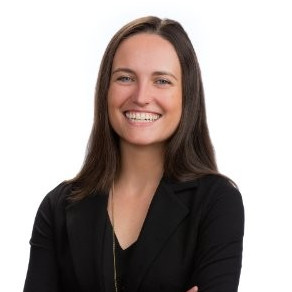
Monique Guimond
Monique Guimond is the Chief of Staff at The Engine where she helps lead capital formation efforts. Monique joined The Engine at its founding after receiving her MBA from Massachusetts Institute of Technology, where she also led the MIT 100K Startup Competition. Before The Engine, Monique worked at Flybridge Capital Partners and was one of the first employees at MASS Design Group, a social enterprise specializing in healthcare design and materials research, where she built out operations and expanded the business model abroad. Monique received her BA in International Health from Georgetown University.

Amy Myers Jaffe
Amy Myers Jaffe is a non-resident Senior Fellow at the Fletcher School’s Climate Policy Lab and director of the Energy, Climate Justice and Sustainability Lab at New York University. She is author of several books on global energy markets, including Energy’s Digital Future: Harnessing Innovation for American Resilience and National Security, published by Columbia University Press and Oil, Dollars, Debt and Crises: The Global Curse of Black Gold, published by Cambridge University Press. Jaffe’s research focuses on the geopolitics of the energy transition, clean energy innovation, and policy analysis to build community resilience to climate change.

Michael Kearney
Michael Kearney is a Partner at The Engine. He serves as a Board Member for Osmoses, VEIR, Mantel, and Copernic. Before The Engine, Mike was the Executive Director of the MIT Roosevelt Project, an interdisciplinary study on energy transition pathways. He was the 1st employee at a clean-tech startup called Ambri, where he led business development efforts, working with customers in electric power across the United States. Mike holds a PhD from Massachusetts Institute of Technology, where he trained as an economist, with research focused on frictions in the commercialization of science and regulatory barriers to energy innovation and entrepreneurial strategy. Mike received an MS in Technology & Policy from Massachusetts Institute of Technology and a BA from Williams College.
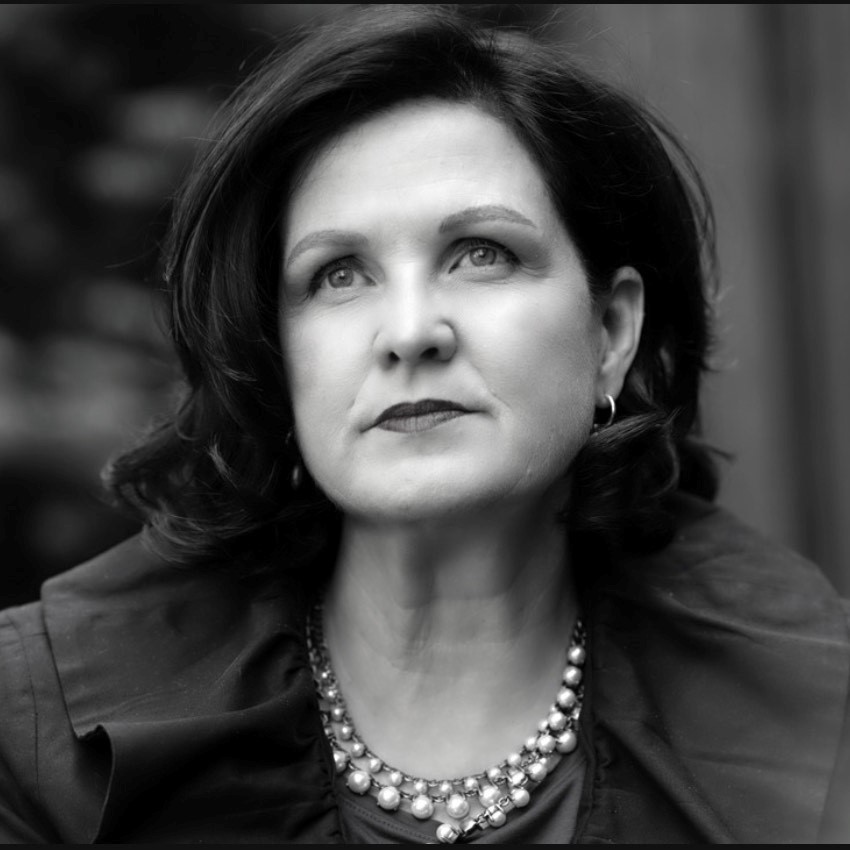
Kathy Baughman McLeod
Kathy Baughman McLeod is a global leader in climate adaptation and resilience known for tangible, innovative solutions to help protect people and communities from the impacts of climate change. She is the founding and former Director of the Arsht-Rock Resilience Center – built to reach one billion people worldwide with climate-resilience solutions by 2030, with a special focus on society’s most vulnerable. She launched the Center’s extreme heat work that is delivering impact across early-warning, policy, finance, and on-the-ground solutions, including the appointment of chief heat officers in cities around the world. Additionally, she spearheaded the global push to name and categorize heat waves to save lives and build a new and necessary culture of awareness and preparation and launched the first “extreme heat micro insurance” for thousands of poor, heat exposed women workers in India. Under Kathy’s leadership, Arsht-Rock also launched the United Nations’ “Race to Resilience” campaign and Resilience Hub at COPs 26, 27, and 28. Baughman McLeod was Bank of America’s Global Executive for Environmental and Social Risk, the Global Managing Director for Climate Risk and Resilience at The Nature Conservancy, and Deputy Chief of Staff to Florida’s Chief Financial Officer, while also serving as on the Florida Energy & Climate Commission. She is a member of FEMA’s National Advisory Council as the agency’s first climate specialist, served on the World Economic Forum’s Global Commission on “BiodiverCities by 2030,” and is a member of the Operating Committee of the Insurance Development Forum. She is the recipient of the Fuqua School of Business 2021 “Leader of Consequence” award and a Policy Fellow of the French Foreign Ministry. She holds an MBA from Duke University’s Fuqua School of Business and an MS in Geography from Florida State University and is seen and heard frequently in major media features on climate resilience, extreme heat, and the financial effects of climate change.
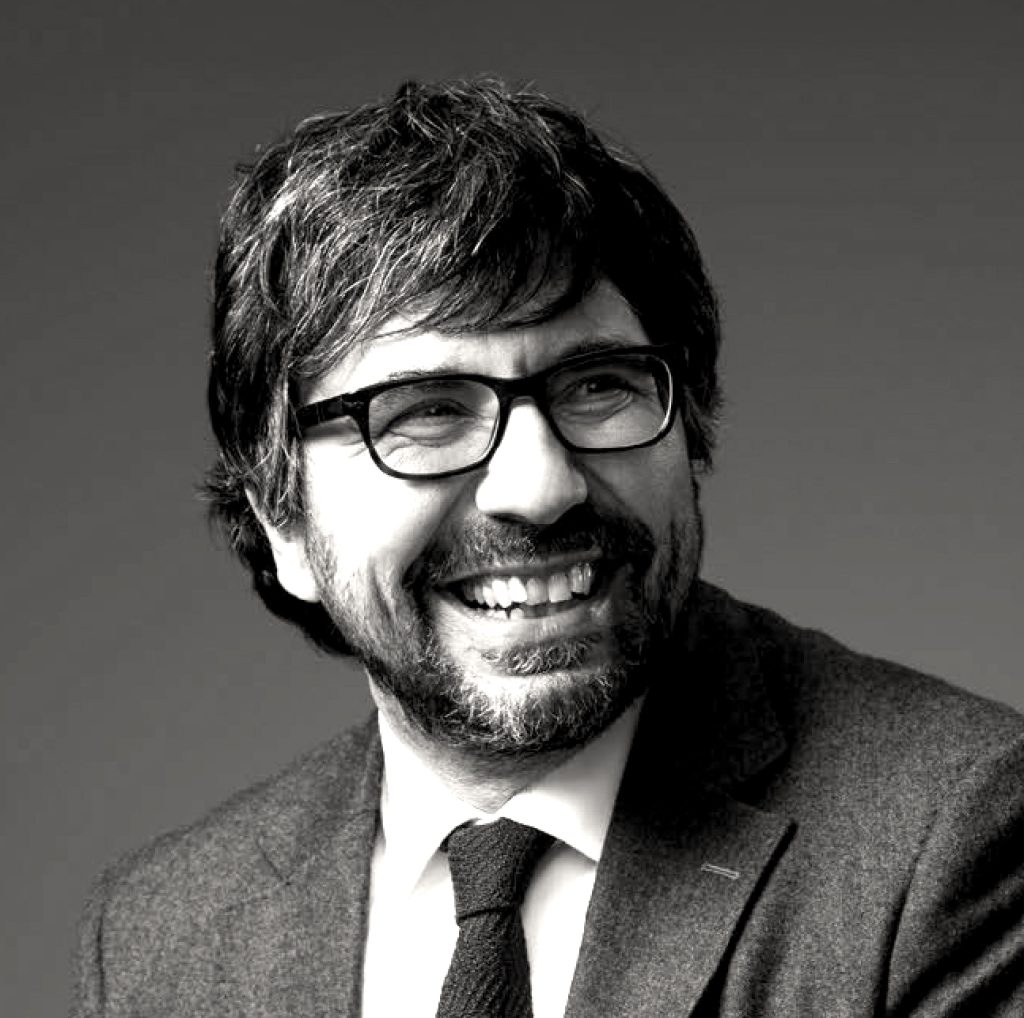
Fiorenzo G. Omenetto
Fiorenzo G. Omenetto leads the L2D Living Technology research area. He is the Frank C. Doble Professor of Engineering, and a Professor of Biomedical Engineering at Tufts University. He also holds appointments in the Department of Physics and the Department of Electrical Engineering. His research interests are at the interface of technology, biologically inspired materials and the natural sciences with an emphasis on new transformative approaches for sustainable materials for high-technology applications. He also serves as Dean for Research for the School of Engineering. He has proposed and pioneered the use of silk as a material platform for advanced technology with uses in photonics, optoelectronics and nanotechnology applications, is co-inventor on several disclosures (~100) on the subject, and is actively investigating applications of this technology base both for technical and design applications. Prof. Omenetto was formerly a J. Robert Oppenheimer Fellow at Los Alamos National Laboratories, a Guggenheim Fellow, and a Tällberg Foundation Global Leader. He is a Fellow of the Optical Society of America and of the American Physical Society, and a Senior Member of SPIE. He was named one of the 50 top people in tech by Fortune magazine in a class including (among others) Steve Jobs, Jeff Bezos, Larry Page, Shigeru Miyamoto. His research has been featured extensively in the press with coverage in the most important media outlets worldwide.
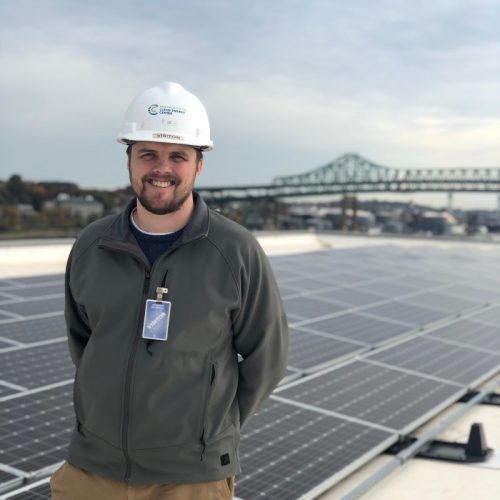
Kelsey Read
Kelsey Read is a Senior Program Manager on the buildings team at MassCEC and has been with MassCEC since 2014. He led MassCEC’s efforts in the partnership with the Department of Energy Resources on the $45 million Mass Solar Loan program and other ongoing financing support efforts. He also works on a variety of efforts supporting the general solar industry as well as well as in support of market growth and financing for commercial building decarbonization. Kelsey has a degree in Economics and Physics from Bowdoin College and has previously worked in economic and environmental research and data analytics.

Otto Scharmer
Otto Scharmer is a Senior Lecturer at M.I.T. and founding chair of the Presencing Institute and the u-school for Transformation. He also chairs the MIT IDEAS program for cross-sector innovation and introduced the concept of “presencing”—learning from the emerging future—in his bestselling books Theory U and Presence (the latter co-authored with Peter Senge and others). He is co-author of Leading from the Emerging Future, which outlines eight acupuncture points for transforming our economy from ego to eco. His most recent book, The Essentials of Theory U (2018), summarizes the core principles and applications of awareness-based systems change. Otto co-founded the MITx u-lab which has activated a vibrant worldwide ecosystem of transformational change involving more than 200,000 users from 185 countries. With his colleagues he co-created a global Action Learning Lab for hundreds of change makers across UN agencies, as well as SDG Leadership Labs in 25 countries. Otto earned his diploma and PhD in economics from Witten/Herdecke University in Germany. He is a member of the UN Learning Advisory Council for the 2030 Agenda, the World Future Council, and the Club of Rome’s High-Level 21st Century Transformational Economics Commission. He has won the Jamieson Prize for Teaching Excellence at MIT and the European Leonardo Corporate Learning Award. In 2021 he received the Elevating Humanity Award from the Organizational Development Network. Otto earned his diploma and PhD in economics from Witten/Herdecke University in Germany. He is a member of the UN Learning Advisory Council for the 2030 Agenda, the World Future Council, and the Club of Rome’s High-Level 21st Century Transformational Economics Commission. He has won the Jamieson Prize for Teaching Excellence at MIT and the European Leonardo Corporate Learning Award. In 2021 he received the Elevating Humanity Award from the Organizational Development Network.
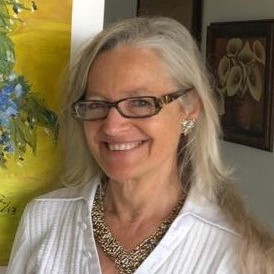
Janot Mendler de Suarez
Janot Mendler de Suarez, Fletcher ’98, is an expert facilitator and climate policy advisor. A recognized innovator in communicating science through arts, she develops risk-informed decisionmaking games. Janot has worked in over 75 countries, consults with the World Bank Group on climate resilient development and arts-infused regional Anti-Racism trainings, is a Technical Advisor with the Red Cross Red Crescent Climate Centre contributing to conflict zone climate screenings, advancing hurricane and health risk forecasting and forging links between social protection, ecosystems and climate resilience. Janot spent over a decade developing GEF-IW:LEARN, the Global Environment Facility’s International Waters knowledge-sharing platform, and as a Senior Lecturer in Geography at Royal Holloway University of London piloted the first internet-mediated MSc program targeting developing country environmental professionals. She is a graduate of Mt. Holyoke College and is a Visiting Research Fellow with Boston University’s Pardee Center for the Study of the Longer-Range Future.
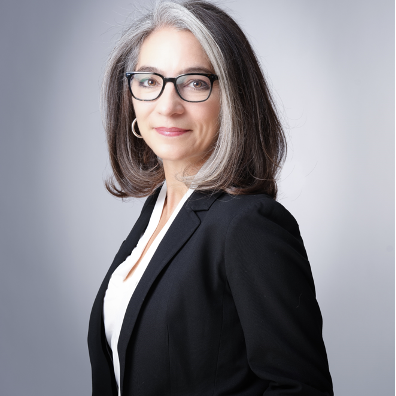
Stacy Swann
Stacy Swann is the CEO and Founding Partner of Climate Finance Advisors, a benefit LLC based in Washington, DC, and has more than twenty-five years’ experience in project finance, investment, climate change, and sustainability. Her executive experience includes both climate investments, as well as building and shaping organizations, leading teams, and delivering practical approaches to organizational and operational management, primarily for financial institutions. As CEO and Founder of Climate Finance Advisors, she led the firm through its early establishment, achieving more than 100% average annual growth since its founding in 2015, and in 2022 she shepherded the firm through a successful acquisition. During her career, Ms. Swann has held senior and executive positions with the private-sector arm of the World Bank Group, the International Finance Corporation (IFC), as well as with the US Department of Treasury, Enron Corporation, and other organizations. More recently she has worked with impact investors, financial institutions, corporations and policymakers on issues at the nexus of climate change and investment. Key experience through her career includes project finance and transaction structuring, blended finance, impact investment, fund management, as well as advising on financial policy and regulation that underpin and accelerate net-zero, climate-resilient investment. In addition to leading Climate Finance Advisors, Ms. Swann currently serves on several Boards, including the Montgomery County Green Bank where she is a Board Director and Chair of its Investment Committee. She is also a member of the Board of Winrock International, a international development organization working in mor than 40 countries around the world, and the Global Water Partnership, a global action network of more than 3,000 Partner bodies in 179 countries focused on building sustainable water systems globally. She sits on Export-Import Bank of the United States (EXIM Bank)’s Climate Council, an advisory committee to its Board, and was its chair from 2021-22. She also participates in several angel investor groups supporting, coaching, and investing in climate-related start-up businesses.
